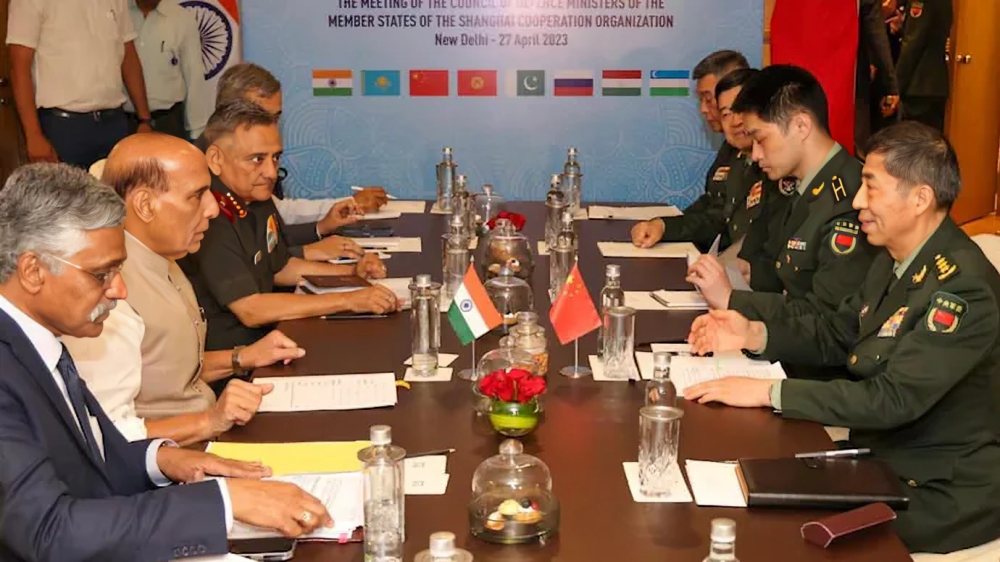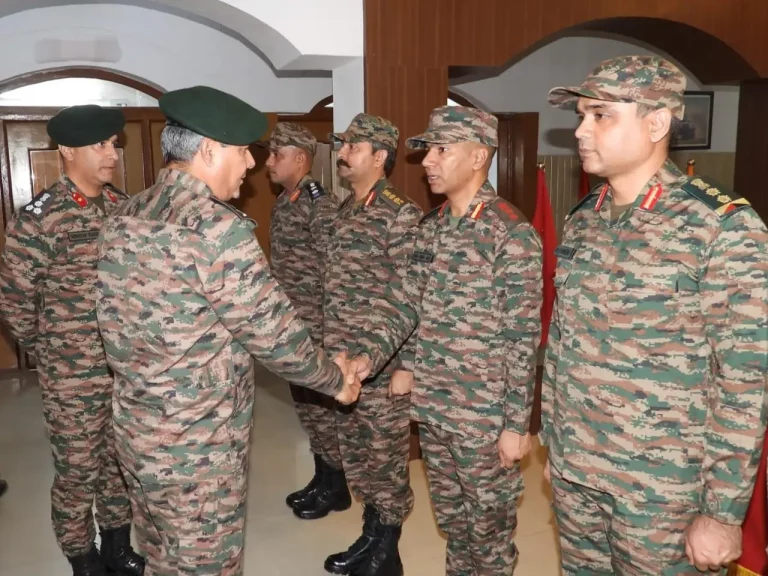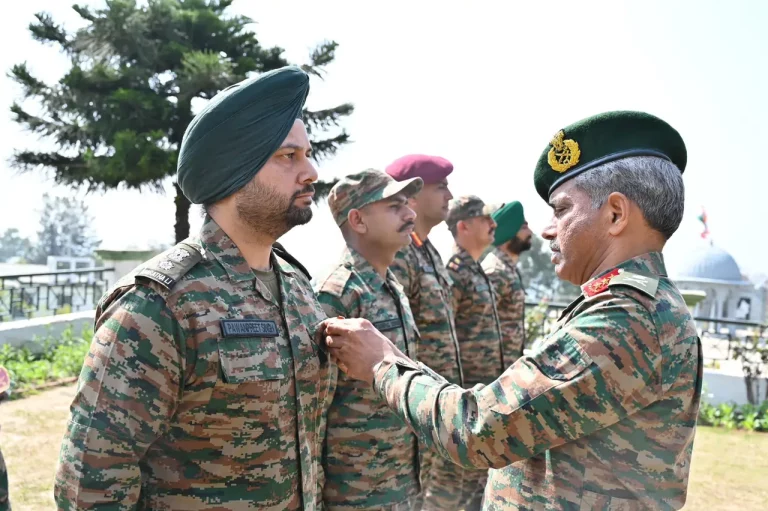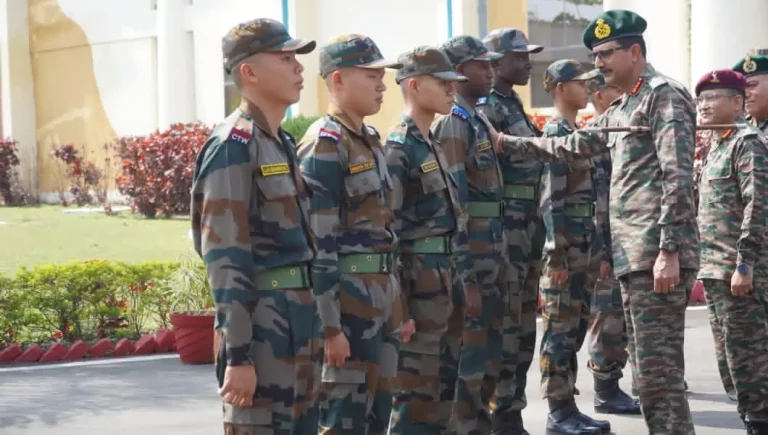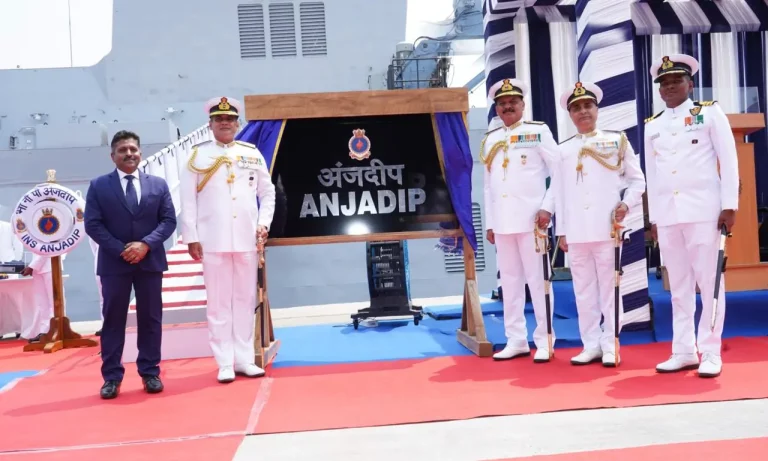Indian Defence Minister Rajnath Singh is poised to travel to China later this month for the Shanghai Cooperation Organisation (SCO) defence ministers’ meeting in Qingdao, a significant coastal city situated in Shandong Province. This forthcoming visit, pending confirmation, would represent the first ministerial-level interaction between India and China since a pivotal agreement was reached in October 2024 to alleviate tensions along the Line of Actual Control (LAC).
The SCO, which is under China’s leadership this year, comprises a regional grouping of ten nations, including India, China, Russia, Pakistan, Iran, and various Central Asian states. The meeting is expected to emphasize issues surrounding regional security cooperation, counter-terrorism, and initiatives aimed at improving connectivity among member nations.
Rajnath Singh’s last interaction with his Chinese counterpart, Defence Minister Admiral Dong Jun, occurred during the 11th ASEAN Defence Ministers’ Meeting-Plus (ADMM-Plus) held in Vientiane, Laos. This engagement followed the groundbreaking October 2024 agreement, which allowed for coordinated patrolling and the disengagement of troops in eastern Ladakh, effectively ending a protracted military standoff that had escalated after the 2020 clashes in Galwan.
This upcoming visit is perceived as a strategic move towards normalizing bilateral ties. The momentum for improved relations was notably sparked by a meeting between Prime Minister Narendra Modi and President Xi Jinping during the BRICS summit in Kazan, Russia, also in October 2024. Subsequent to this, various confidence-building measures have been implemented, such as the resumption of the Kailash Manasarovar Yatra pilgrimage, sharing of data on transboundary rivers, restoration of direct air travel, and initiatives to ease visa processes, thereby fostering cultural interactions.
India has reaffirmed its support for China’s presidency of the SCO, a point highlighted during recent discussions in New Delhi between Indian Foreign Secretary Vikram Misri and Chinese Vice Foreign Minister Sun Weidong.
In addition to Singh’s anticipated visit, there have been other notable high-level exchanges recently. National Security Advisor Ajit Doval made a trip to China in December 2024 for the 23rd Special Representatives Meeting, while the Indian Foreign Secretary visited Beijing in January 2025. Furthermore, Chinese Foreign Minister Wang Yi is expected to travel to India later this year for the 24th round of Special Representative-level talks.
Another positive sign of the warming relations between the two countries came when Chinese President Xi Jinping expressed condolences to Indian leaders following a tragic plane crash that occurred in Ahmedabad. This gesture further underscores the ongoing efforts to mend and enhance bilateral ties amidst a history marked by both cooperation and tension.
